2022 Fellows of the AACR Academy will be honored during Sunday’s Opening Session
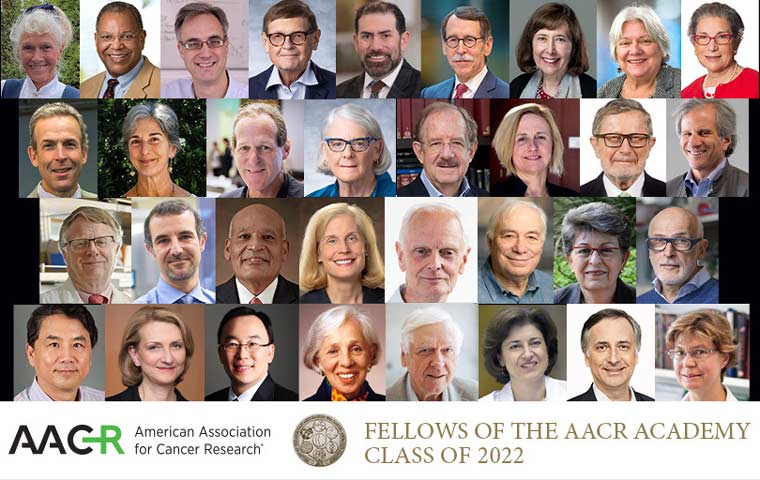
The AACR will honor the 2022 class of Fellows of the AACR Academy during the Annual Meeting’s Opening Ceremony on Sunday, April 10, in Hall B-C at the convention center.
“This year, we are thrilled to announce the election of 33 new Fellows of the AACR Academy. These individuals from across the globe have all made quintessential contributions to cancer research,” said AACR CEO Margaret Foti, PhD, MD (hc). “The 2022 class consists of various luminaries who span the gamut of scientific disciplines. Collectively, their work has significantly accelerated the pace of progress against cancer and has served as an inspiration for countless cancer researchers. We are honored to have them join our 256 existing Fellows and look forward to celebrating their individual scientific achievements.”
The AACR Academy includes 56 Nobel laureates. All Fellows of the AACR Academy are nominated and elected through a rigorous assessment of each candidate’s scientific accomplishments in cancer research and cancer-related sciences. Only individuals whose work has had a significant and enduring impact on cancer research are considered for election and induction into the AACR Academy.
Members of the 2022 class of Fellows of the AACR Academy are:
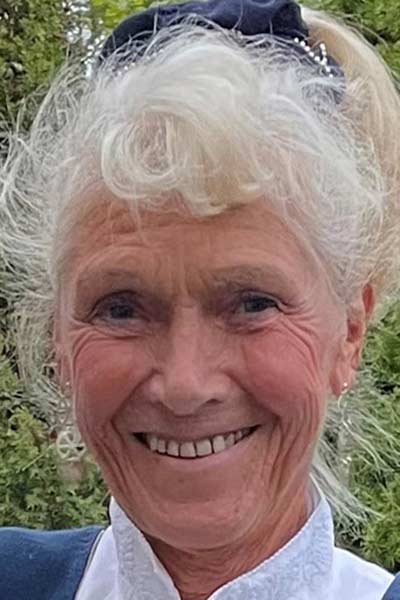
Anne-Lise Børresen-Dale, PhD, MD (hc)
Professor Emerita, University of Oslo, Oslo, Norway
Scientific Areas of Expertise: Breast Cancer Profiling, Genomics, Molecular Genetics
For seminal research contributions involving breast cancer, DNA damage and repair, and the identification of molecular profiles that contribute to cancer risk, tumor staging, and therapy resistance led by conducting extensive gene expression profiling of breast carcinomas.
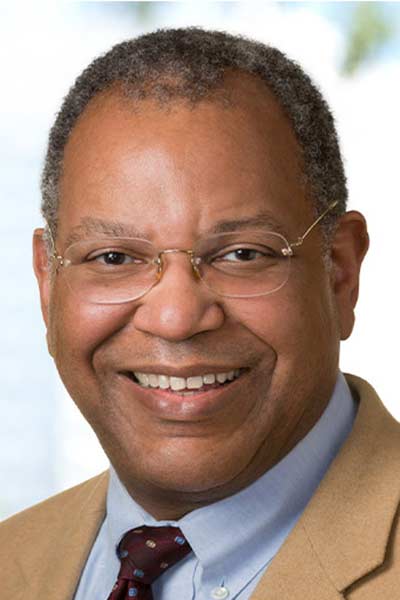
Otis Webb Brawley, MD
Associate Director, Community Outreach and Engagement, Sidney Kimmel Comprehensive Cancer Center; Bloomberg Distinguished Professor of Oncology and Epidemiology, Johns Hopkins University, Baltimore, MD
Scientific Areas of Expertise: Epidemiology of Cancer, Health Disparities, Medical Oncology
For significant contributions to the fields of cancer prevention, early detection, diet and nutrition, cancer health disparities, tobacco cessation, and whole-patient care; and for his contributions to the promotion of appropriate screening efforts for malignancies such as breast, colon, and prostate cancer.
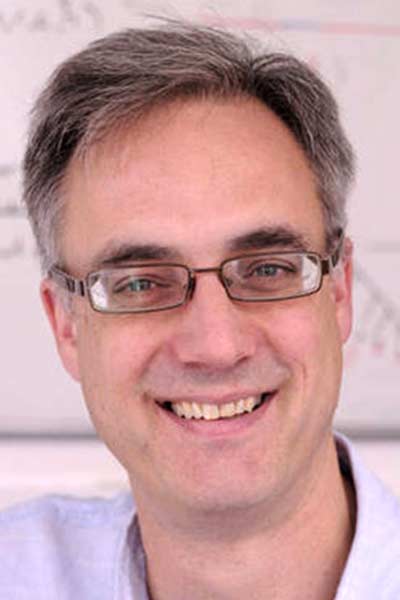
Peter J. Campbell, MBBCh, PhD
Head of Cancer, Ageing and Somatic Mutation, and Senior Group Leader, Wellcome Sanger Institute, Cambridge, England, United Kingdom
Scientific Areas of Expertise: Cancer Genomics, Somatic Cell Evolution, Structural Variation
For innovative contributions to defining the genetics and evolution of normal and cancerous cells, including leveraging large-scale cancer genome sequencing technologies to develop cutting-edge computational tools capable of analyzing cancer genomic datasets, characterizing tumor mutational burden, and informing how best to improve the clinical management of cancer patients.
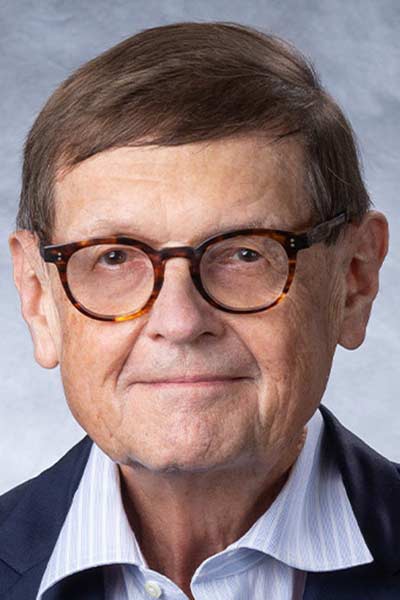
Neal G. Copeland, PhD
Professor of Practice, Department of Genetics, The University of Texas MD Anderson Cancer Center, Houston, TX
Scientific Areas of Expertise: Cancer Genetics, Insertional Mutagenesis, Mouse Models of Human Cancer
For groundbreaking contributions to cancer genetics and quintessential studies involving the Sleeping Beauty transposable element system to establish various mouse models of cancer, which have been essential to the understanding of cancer initiation and progression, and for the identification of numerous candidate genes involved in carcinogenesis.
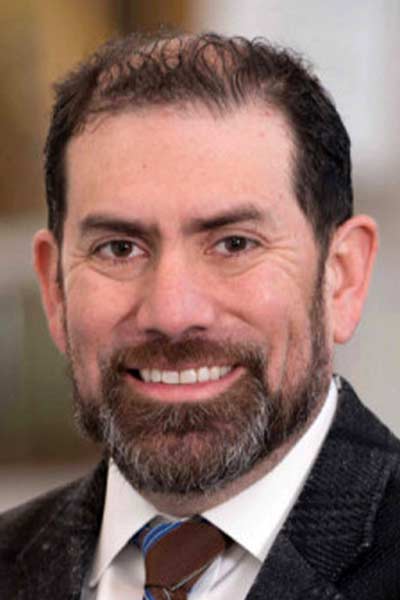
Luis Alberto Diaz Jr., MD
Head, Division of Solid Tumor Oncology; Grayer Family Chair, Memorial Sloan Kettering Cancer Center, New York, NY
Scientific Areas of Expertise: Cancer Therapeutics, Gastrointestinal Malignancies, Molecular Diagnostics
For pioneering efforts to provide the first definitive examples of circulating tumor DNA being successfully used as a cancer biomarker for screening, monitoring, and detection of occult disease, and for the discovery of the therapeutic link between immunotherapy and cancer genetics in patients with mismatch repair deficient tumors.
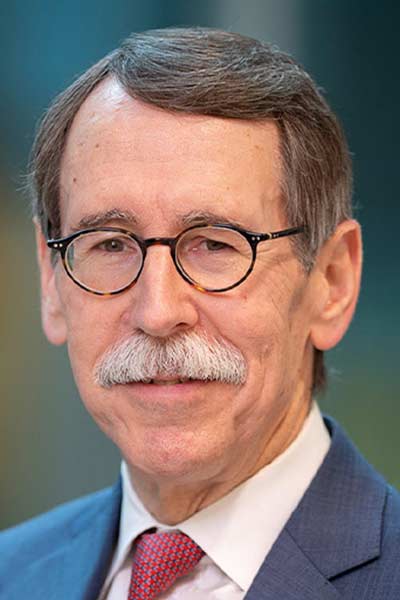
James R. Downing, MD
President and Chief Executive Officer, St. Jude Children’s Research Hospital, Memphis, TN
Scientific Areas of Expertise: Genetics and Genomics, Pediatric Oncology, Precision Medicine
For instrumental contributions to the creation and implementation of the Pediatric Cancer Genome Project, which has resulted in the sequencing of more than 800 genomes of children with cancer and several landmark discoveries in the biology of brain tumors, leukemia, cancer of the peripheral nervous system, and tumors of the eye.
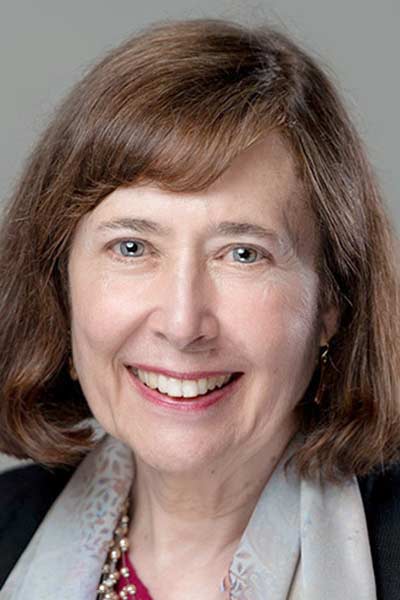
Connie J. Eaves, OC, FRSC, FRS, CorrFRSE
Distinguished Scholar and Professor of Medical Genetics, School of Biomedical Engineering, University of British Columbia; Co-founder and Distinguished Scientist, Terry Fox Laboratory, British Columbia Cancer Research Centre, Vancouver, Canada
Scientific Areas of Expertise: Mammary Cell Biology, Normal and Malignant Hematopoiesis, Stem Cells
For essential contributions to the development of functional methods to quantify and characterize hematopoietic, mammary, and cancer stem cells that are now considered benchmarks in the field, and for co-discovering quiescent malignant stem cells in chronic myeloid leukemia.
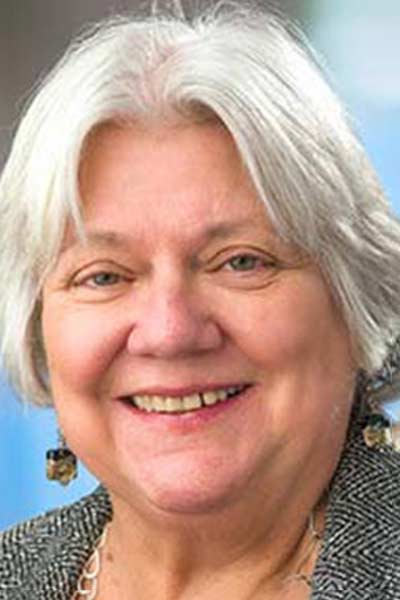
Denise A. Galloway, PhD
Scientific Director, Pathogen-Associated Malignancies Integrated Research Center; Professor, Human Biology Division; Professor, Public Health Sciences Division; Paul Stephanus Memorial Endowed Chair, Fred Hutchinson Cancer Research Center, Seattle, WA
Scientific Areas of Expertise: Anogenital Cancers, Merkel Cell Carcinoma, Virology
For breakthrough studies involving human papillomavirus (HPV) and subsequent research that has contributed to the development of HPV vaccines, and for her seminal contributions to the understanding of pathogen-associated cancers, specifically HPV-induced cervical cancer.
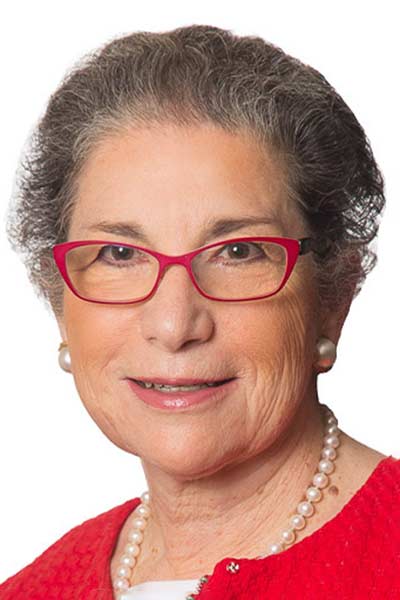
Patricia A. Ganz, MD
Distinguished Professor of Health Policy and Management, Fielding School of Public Health; Professor of Medicine, David Geffen School of Medicine; Director, Center for Cancer Prevention and Control Research, Jonsson Comprehensive Cancer Center, University of California Los Angeles, Los Angeles, CA
Scientific Areas of Expertise: Cancer Survivorship, Health-related Quality of Life, Patient Reported Outcomes
For pioneering efforts to enhance cancer prevention and improve patient survivorship, quality of life, and the understanding of the late effects of cancer treatment, which have been essential to the evolution of clinical cancer care, particularly in the areas of psychosocial distress, cancer-related cognitive impairment, and post-treatment fatigue.
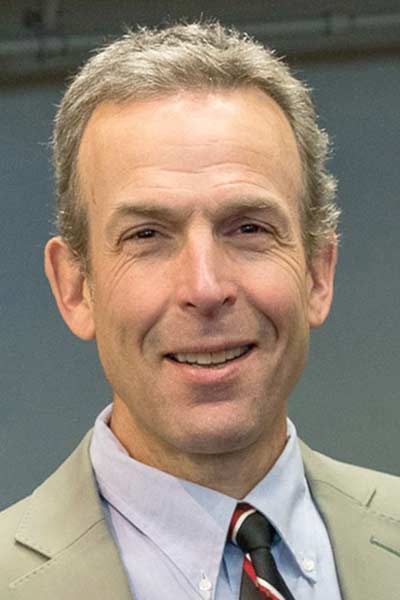
K. Christopher Garcia, PhD
Younger Family Professor; Professor of Structural Biology, Stanford University; Investigator, Howard Hughes Medical Institute, Stanford, CA
Scientific Areas of Expertise: Immunology, Protein Engineering, Structural Biology
For world-renowned contributions to the fields of immunology and structural biology, defining the biophysical properties of receptor-ligand binding, and the visualization of protein complexes crucial to the understanding of the immune system and drug design, including the first structural view of a T-cell receptor bound to a peptide-MHC complex and for defining the crystal structures of several important immunoregulatory proteins, including interleukins and interferons.
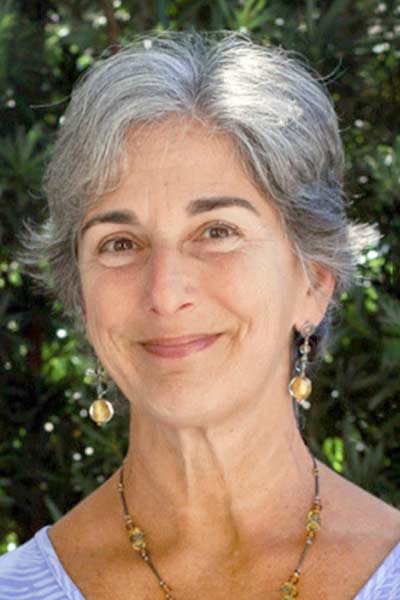
Jennifer R. Grandis, MD
American Cancer Society Professor; Distinguished Professor of Otolaryngology-Head and Neck Surgery, University of California San Francisco, San Francisco, CA
Scientific Areas of Expertise: Precision Medicine, Signal Transduction, Translational Research
For illuminating research on genomic alterations and key signaling pathways in head and neck cancer with the goal of enabling precision medicine studies.
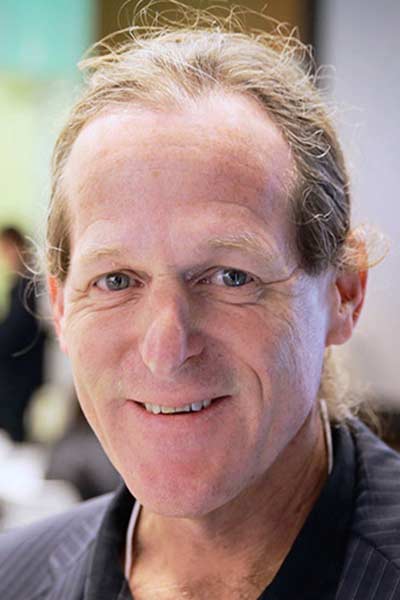
James R. Heath, PhD
President and Professor, Institute for Systems Biology, Seattle, WA; Professor of Molecular and Medical Pharmacology, University of California, Los Angeles, CA
Scientific Areas of Interest: Biotechnology, Chemical Synthesis, Systems Biology
For pivotal contributions to the fields of biotechnology and cancer immunotherapy, bridging chemical synthesis and physics with biology to develop nanoscale technologies including single cell barcoding, the isolation of T cells recognizing neoantigens to generate novel T-cell therapies, and microfluidic chips for diagnostic purposes that provide an opportunity to stratify patients and analyze a patient’s antitumor response to drug treatment.
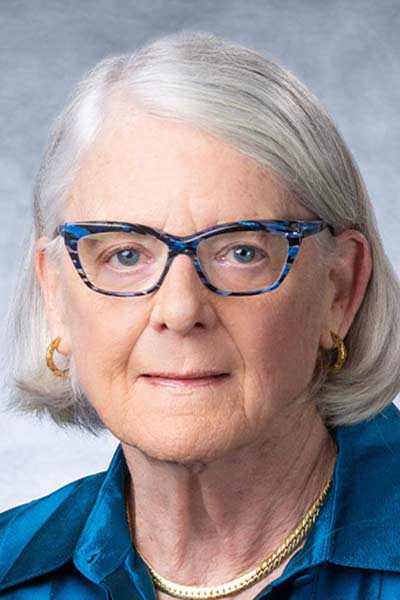
Nancy A. Jenkins, PhD
Professor of Practice, Department of Genetics, Division of Basic Science Research, The University of Texas MD Anderson Cancer Center, Houston, TX
Scientific Areas of Expertise: Cancer Genetics; Insertional Mutagenesis, Mouse Models of Human Cancer
For pioneering contributions to cancer genetics and unrivaled efforts dedicated to establishing the Sleeping Beauty transposable element system to model human cancer in mice, a breakthrough that has since allowed for the identification of innumerable candidate genes responsible for tumors.
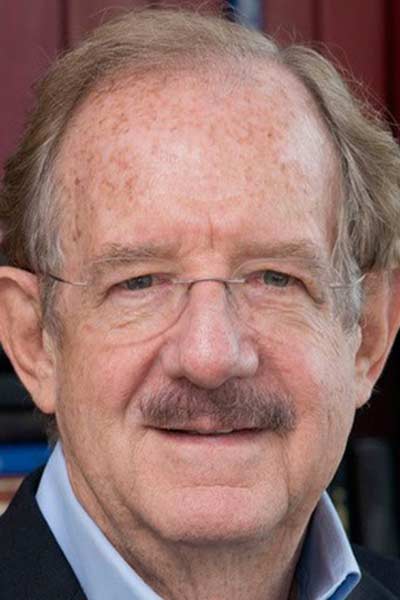
Thomas J. Kelly, MD, PhD
Benno C. Schmidt Chair of Cancer Research; Member, Memorial Sloan Kettering Cancer Center; Professor, Weill Graduate School of Biomedical Sciences, Cornell University, New York, NY
Scientific Areas of Expertise: DNA Damage and Repair, DNA Replication, Cell Cycle Control
For seminal discoveries that delineated the key principles governing the process of genetic replication and for developing the first cell-free DNA replication system capable of duplicating the complete genomes of viruses including SV40, effectively revolutionizing the cancer research field by creating a tool that allows for the identification and functional characterization of proteins and enzymes required for DNA replication.
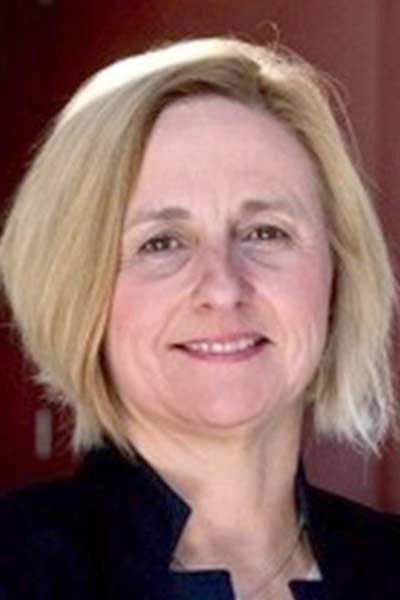
Crystal L. Mackall, MD
Ernest and Amelia Gallo Family Professor; Professor of Pediatrics and Medicine, Stanford University School of Medicine, Stanford, CA
Scientific Areas of Expertise: Cellular Immunotherapy, Pediatric Immuno-oncology, T cell Homeostasis
For pioneering contributions to the fields of pediatric oncology, immunology, and immunotherapeutics including the discovery of the role of IL-7 in T cell homeostasis, significant efforts to advance the use of CAR-T cell therapies, and for consistent and groundbreaking translational research dedicated to establishing novel treatments for pediatric cancer patients.
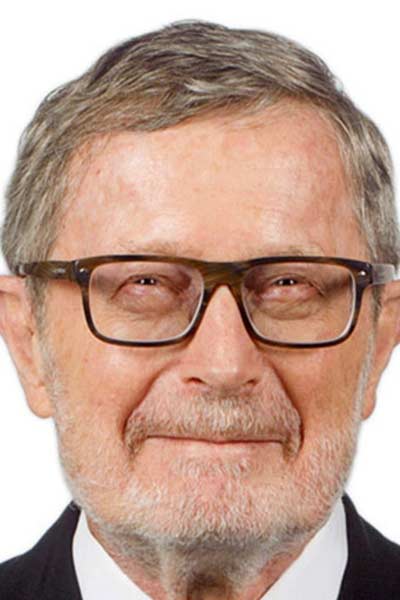
Alex Matter, MD
Chief Executive Officer, Experimental Therapeutics Centre, Agency for Science, Technology, and Research (A*STAR), Singapore
Scientific Areas of Expertise: Drug Discovery and Development, Molecularly Targeted Therapeutics, Precision Medicine
For unparalleled contributions to establishing personalized, anticancer therapeutics including his co-development of imatinib, the first tyrosine kinase inhibitor effective for the treatment of chronic myelogenous leukemia and beneficial when administered to patients with gastrointestinal stromal tumors or small cell lung cancer, research which has since provided the foundation for the development of numerous molecular targeted therapeutics.
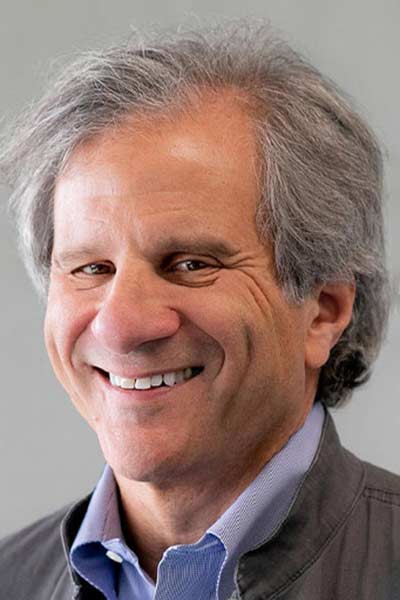
Ira Mellman, PhD
Vice President of Cancer Immunology, Genentech Inc., South San Francisco, CA; Professor, Department of Biochemistry and Biophysics, University of California, San Francisco, CA
Scientific Areas of Expertise: Cancer Immunology, Dendritic Cell Biology, T Cell Biology
For essential contributions to cancer immunology including the elucidation as to how dendritic cells trigger immune reactions, illuminating the mechanisms of checkpoint inhibition, and defining the cellular underpinning of membrane trafficking by discovering endosomes, findings that have collectively informed the development of cancer immunotherapies and have had a profound impact on our understanding of cancer immunity.
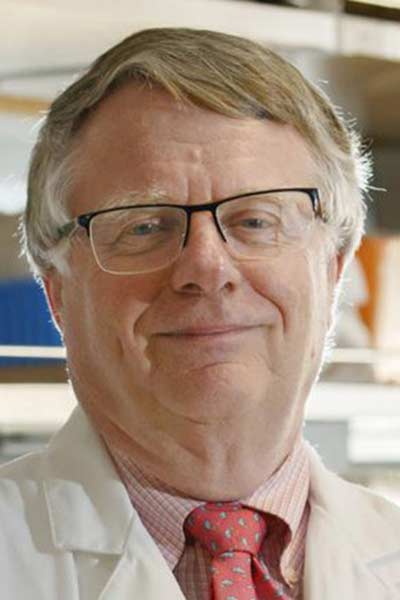
Gordon B. Mills, MD, PhD
Wayne and Julie Drinkward Endowed Chair in Precision Oncology, Director of Precision Oncology, Knight Cancer Institute, Oregon Health & Science University, Portland, OR
Scientific Areas of Expertise: Functional Proteomics, Systems Biology, Targeting Adaptive Responses in Cancer
For visionary efforts to advance precision medicine through genomics and systems biology, including seminal discoveries of the role of PI3K signaling in breast cancer and how alterations in this pathway contribute to tumor progression and therapeutic response, and for trailblazing the use of systems biology toward a personalized approach to breast cancer treatment.
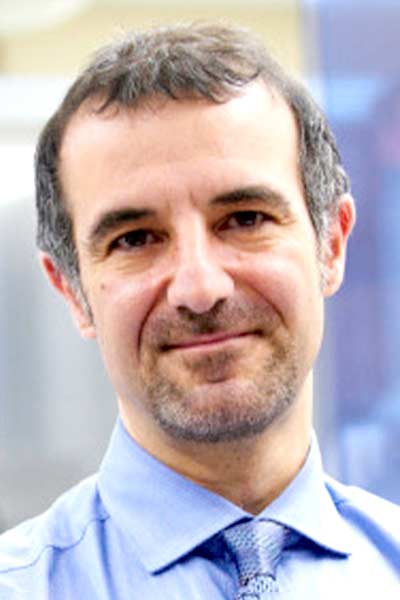
Nikola P. Pavletich, PhD
Chair of Structural Biology, Memorial Sloan Kettering Cancer Center; Investigator, Howard Hughes Medical Institute, New York, NY
Scientific Areas of Expertise: Cell Cycle Regulation, Molecular Biology, Structural Biology
For pioneering the structural analysis of cancer-related proteins and pathways that has led to fundamental discoveries in the areas of cell cycle regulation and DNA-damage response, including his groundbreaking work on the crystal structure of the critically important P53 tumor suppressor protein bound to both DNA and the MDM2 oncoprotein.
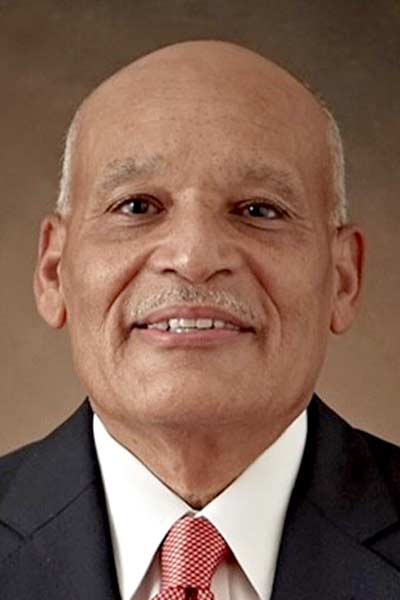
Cecil B. Pickett, PhD
Former President, Research and Development, Biogen Idec Inc., Cambridge, MA
Scientific Areas of Interest: Drug Discovery and Development, Gene Expression
For instrumental research studies involving glutathione-S-transferases (GST) and for work related to cancer drug development, leading some of the earliest studies responsible for the cloning and characterization of GST genes, contributing to the understanding of the regulation of GST expression, and culminating with the discovery of antioxidant response elements.
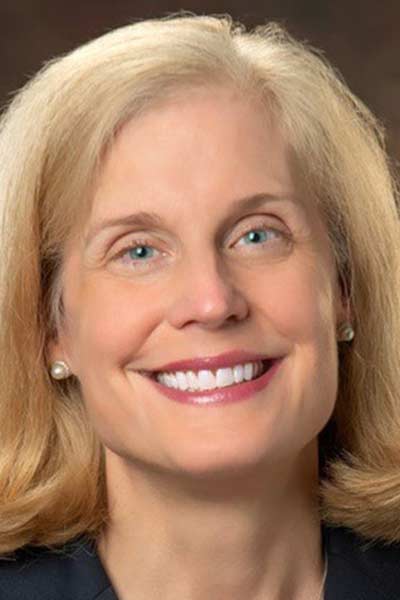
Jennifer A. Pietenpol, PhD
Director, Vanderbilt-Ingram Cancer Center; Chief Scientific and Strategy Officer and Executive Vice President for Research, Vanderbilt University Medical Center; Benjamin F. Byrd Jr. Professor of Oncology; Professor of Biochemistry, Vanderbilt University, Nashville, TN
Scientific Areas of Interest: Breast Cancer Research, Translational Molecular Genetics, Tumor Suppressors
For seminal contributions to the understanding of p53 protein family function (p53, p63, and p73) and triple-negative breast cancer (TNBC) including the development of techniques to analyze p53 family-chromatin binding, deciphering the p63 and p73 cistrome, discovering that p73 is required for multiciliogenesis and ovarian folliculogenesis, and integrating molecular genetics and bioinformatics to develop and implement novel analytical methods to molecularly subtype difficult-to-treat TNBC.
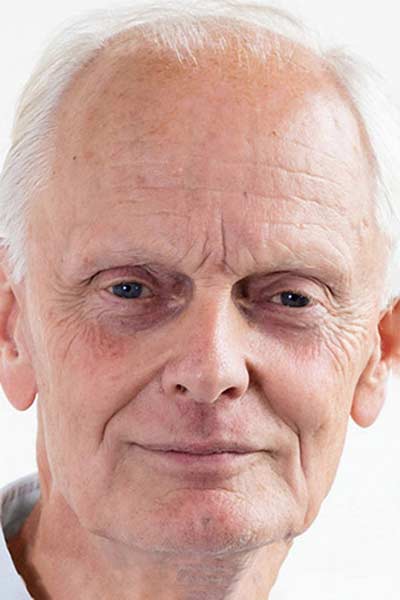
Terence H. Rabbitts, FRS, FMedSci
Professor of Molecular Immunology, Institute of Cancer Research, London, England, United Kingdom
Scientific Areas of Expertise: Chromosomal Translocations, Protein Engineering, Protein Macromolecule Delivery Mechanisms
For fundamental work involving the characterization of human antibody and T-cell receptor gene diversity and rearrangement, establishing cDNA cloning technology widely used in molecular biology, discovery of chromosomal translocation genes in cancer, and creating the first gene fusion knock-in mice, work that has led to the development of methods using intracellular antibodies for small molecule drug discovery applied to hard-to-drug targets including mutant RAS and LMO2.
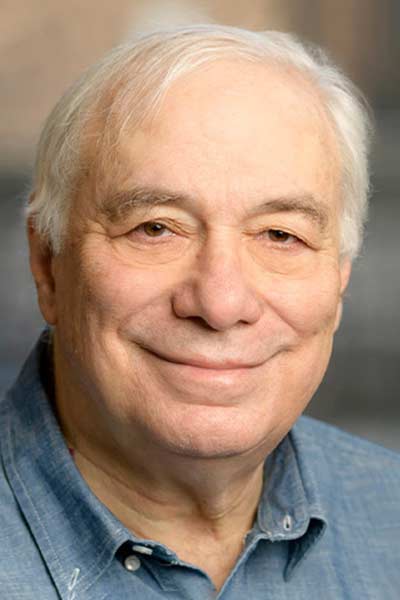
Neal Rosen, MD, PhD
Enid A. Haupt Chair in Medical Oncology, Member, Program in Molecular Pharmacology and Department of Medicine, Memorial Sloan Kettering Cancer Center, New York, NY
Scientific Areas of Expertise: Mechanism-based Combination Therapies, Mitogenic Signaling Pathways, Oncogene-induced Signaling Networks
For pioneering work dedicated to elucidating cell signaling mechanisms responsible for human cancers, identifying oncoprotein-dependent feedback inhibition of signaling networks as an important factor in tumor evolution and in the clinical response to targeted inhibitors, characterizing the functional classes of BRAF mutants, and developing numerous inhibitors of malignant transformation by targeting the RAS-RAF-MEK-ERK and PI3K-AKT-mTOR pathways.
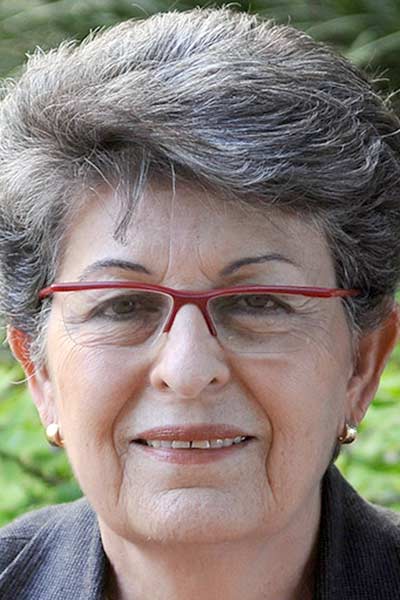
Varda Rotter, PhD
Professor, Department of Molecular Cell Biology; Director, FAMRI Center of Excellence, Weizmann Institute of Science, Rehovot, Israel
Scientific Areas of Expertise: p53 Biology and Function, Molecular Biology, Tumor Suppressors
For unrivaled research efforts dedicated to understanding p53 biology including how this crucial protein, when mutated, contributes to the activation of specific target genes and oncogenic signaling pathways associated with tumor initiation, progression, and drug resistance; and for recent research focused on developing novel mutant p53-dependent small peptide therapies capable of modifying the confirmation of mutant p53 proteins into wild-type protein confirmations able to induce apoptosis.
Alexander Y. Rudensky, PhD
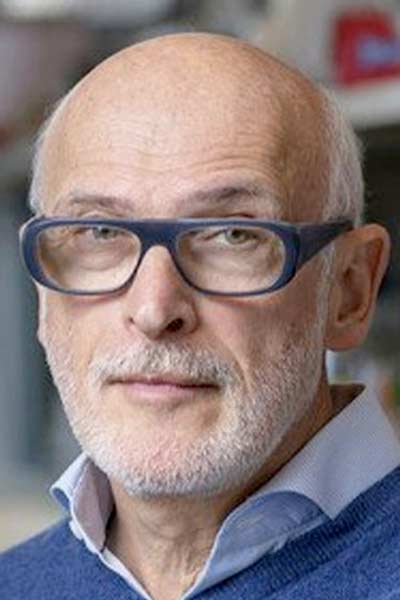
Chair, Immunology Program, Sloan Kettering Institute; Director, Ludwig Center, Memorial Sloan Kettering Cancer Center; Investigator, Howard Hughes Medical Institute, New York, NY
Scientific Areas of Expertise: Immune Regulation, T cell Biology, Tolerance
For pivotal discoveries of the molecular and cellular mechanisms of the immune system governing the differentiation and function of regulatory T cells (Treg), the discovery of the FOXP3 gene switch as a cell lineage specification factor for Tregs, and fundamental contributions to understanding the role of Tregs in the control of autoimmunity, immunity to infections, tumor immunity, and progression.
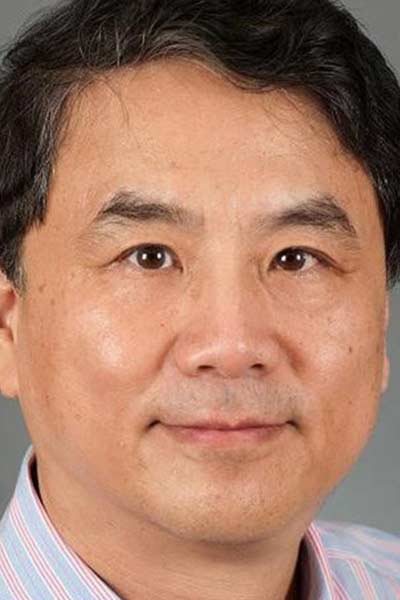
Yang Shi, PhD
Principal Investigator, Ludwig Institute for Cancer Research; Professor of Epigenetics, University of Oxford, Oxford, England, United Kingdom
Scientific Areas of Expertise: Chromatin Biology, RNA Methylation, Transcription
For groundbreaking discoveries that have revolutionized the chromatin biology and epigenetic fields and have had a far-reaching impact on basic and translational cancer research, including the demonstration that histone methylation is reversible and dynamically regulated and the discovery of the first histone demethylase, LSD1.
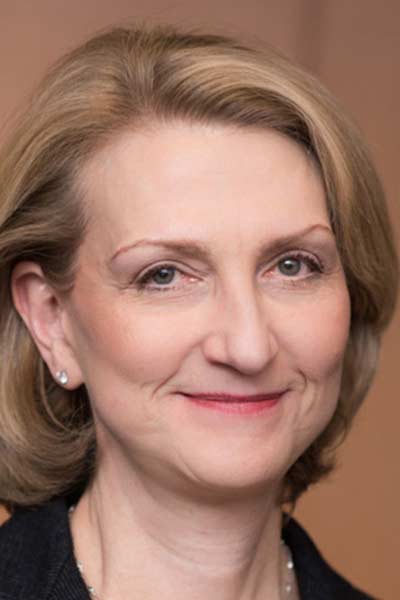
Margaret A. Shipp, MD
Chief, Division of Hematologic Neoplasia; Douglas S. Miller Chair, Department of Medical Oncology, Dana-Farber Cancer Institute; Professor of Medicine, Harvard Medical School, Boston, MA
Scientific Areas of Interest: Cell and Molecular Biology, Clinical Cancer Research, Hematologic Malignancies
For definitive clinical cancer research studies that have elucidated the genetic and molecular basis and heterogeneity of large B-cell lymphomas and Hodgkin lymphomas, the identification of molecular signatures of biologically distinct subsets of these diseases, as well as the development of the International Prognostic Index and rational treatment targets including modulators of the host antitumor immune response.
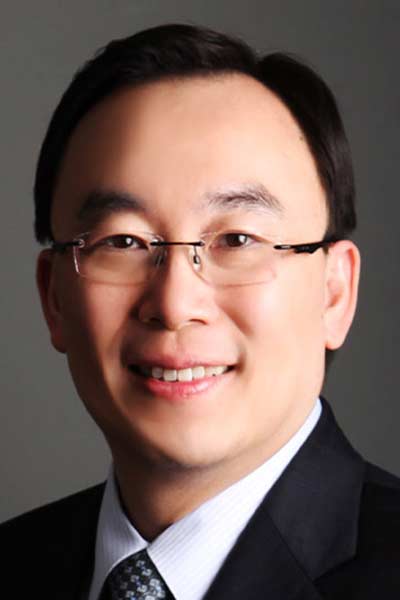
Yu Shyr, PhD
Chair, Department of Biostatistics; Harold L. Moses Chair in Cancer Research; Director, Vanderbilt Center for Quantitative Sciences; Director, Vanderbilt Technologies for Advanced Genomics Analysis and Research Design; Professor of Biostatistics, Biomedical Informatics, and Health Policy, Vanderbilt University Medical Center, Nashville, TN
Scientific Areas of Interest: Data Science, Biostatistics, Bioinformatics
For leading contributions to the establishment and optimization of statistical and bioinformatic methods by which to collect and analyze genomic sequencing data, and for significant contributions to data science that have led to the establishment of research protocols and methodologies critical for clinical trial design and multi-dimensional genomic data processing.
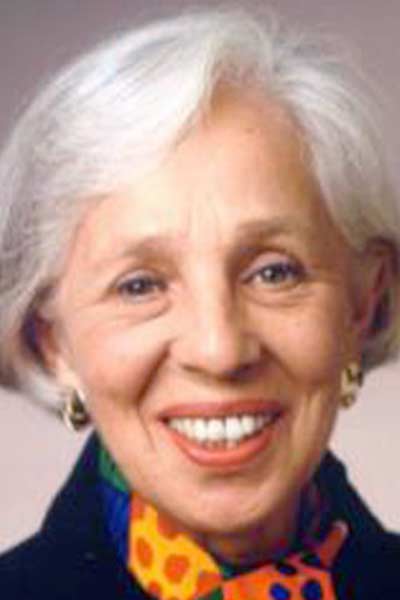
Maxine F. Singer, PhD
President Emerita, Carnegie Institution for Science, Washington, D.C.
Scientific Areas of Interest: Genetic Code, Genetics, Molecular Biology, Recombinant DNA, RNA Biology
For seminal research involving RNA synthesis and subsequent studies related to defining the genetic code and recombinant DNA technologies, and for fundamental contributions to the understanding of long interspersed nucleotide elements and their role in genomic transposition and cancer initiation.
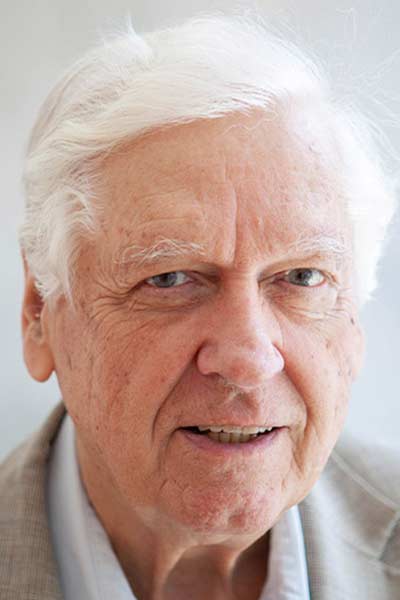
Hamilton O. Smith, MD
Professor Emeritus, J. Craig Venter Institute, La Jolla, CA
Scientific Areas of Interest: Genetics and Genomics, Site-specific DNA Cleavage, Synthetic Biology
For his Nobel-prize winning co-discovery of type II restriction and DNA cleaving enzymes including HindII, contributions to the first genome sequence of a free-living organism, Haemophilus influenzae, and the development of a variety of laboratory techniques, including molecular cloning, vector creation, genotyping, and the identification of single nucleotide polymorphisms that have collectively revolutionized molecular genetics and cancer research.
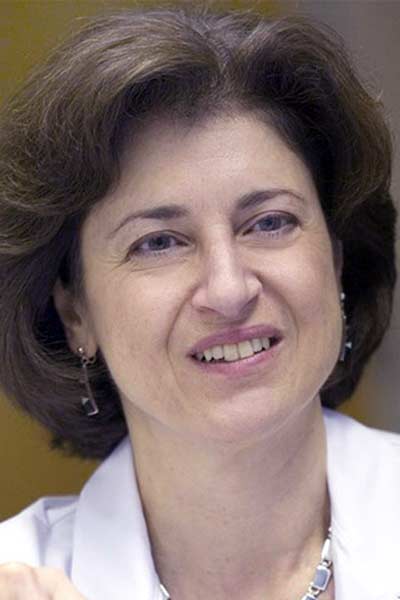
Suzanne L. Topalian, MD
Bloomberg-Kimmel Professor of Cancer Immunotherapy, Johns Hopkins University School of Medicine and Sidney Kimmel Comprehensive Cancer Center, Baltimore, MD
Scientific Areas of Interest: Biomarkers, Cancer Immunology, Immunotherapy, Melanoma
For establishing groundbreaking and novel immunology-based treatment options for patients with multiple cancer types, conducting pivotal investigations involving the characterization of human antitumor immune responses, and for developing predictive biomarkers and neoadjuvant applications for immune checkpoint blockade.
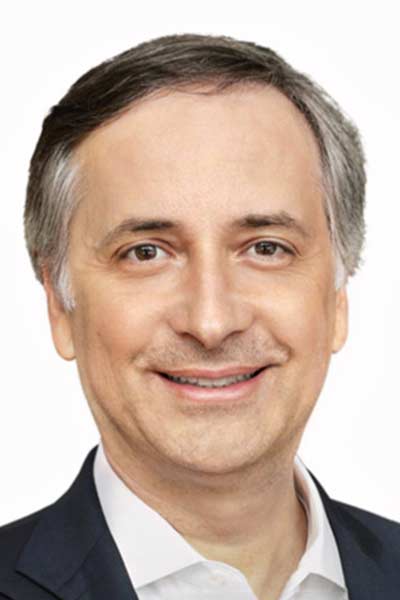
Victor E. Velculescu, MD, PhD
Professor of Oncology, Pathology, Medicine, and Genetic Medicine, John Hopkins University School of Medicine; Co-Director of Cancer Genetics and Epigenetics, Sidney Kimmel Comprehensive Cancer Center, Baltimore, MD
Scientific Areas of Interest: Cancer Genomics, Early Cancer Detection, Liquid Biopsies
For stellar contributions involving the discovery of genomic alterations in cancer cells and for developing non-invasive cancer detection technologies, including the first genome-wide sequence analysis in human cancer, Serial Analysis of Gene Expression (SAGE) and digital karyotyping, which have contributed to the identification of numerous cancer-related genes and pathways involved in tumorigenesis and individualized approaches for early cancer detection and diagnosis.
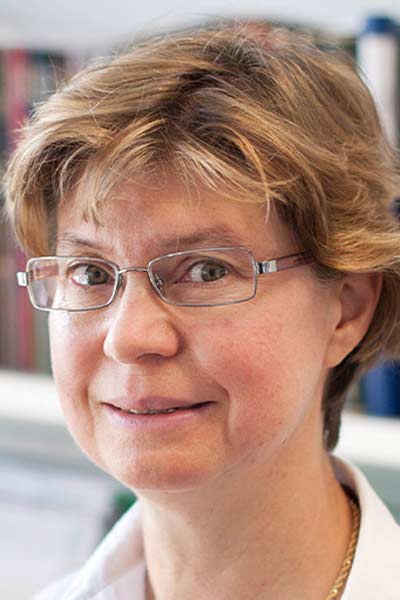
Jane E. Visvader, PhD
Professor, Joint Division Head, Cancer Biology and Stem Cells, Walter & Eliza Hall Institute of Medical Research, Parkville, Victoria, Australia
Scientific Areas of Expertise: Breast Cancer, Cancer Cells of Origin, Genomics, Stem Cell Biology
For eminent contributions to the fields of breast cancer research and breast stem cell biology, including the seminal discovery of breast stem cells that give rise to normal breast tissue and the identification of specific breast cell populations that exhibit a predisposition to cancer in women harboring BRCA1 gene mutations.
Fellows of the AACR Academy serve as a global brain trust of top contributors to cancer science and medicine. They help advance the mission of the AACR to prevent and cure all cancers through research, education, communication, collaboration, science policy and advocacy, and funding for cancer research.
Fellows of the AACR Academy are also charged with participating in special meetings to discuss how to accelerate advances in cancer research; mentoring the next generation of cancer scientists working in all research settings; assisting the AACR in educating the public about cancer, the importance of the AACR, and the value of cancer research to public health and the conquest of cancer.
[sub-post-content]
